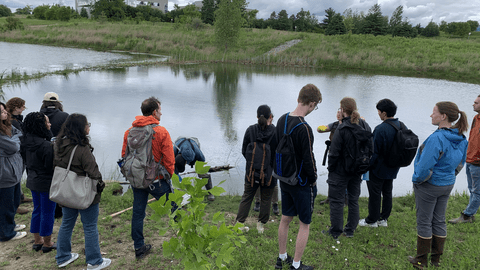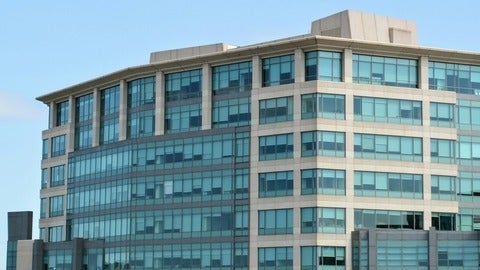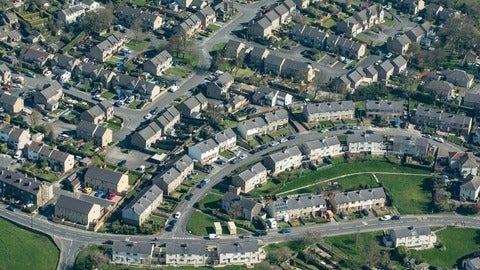Canada is a highly urbanized country with ambitious climate mitigation targets, and yet an ever-growing population will require increased housing – typically through urban infill land intensification or expansion into greenfields for residential developments that results in the loss of green infrastructure.
Urban greenhouse gas (GHG) emissions make up 42% of Canada’s total emissions. What is poorly understood, however, are the contributions from urban green infrastructure – trees, vegetation, wetlands, water bodies and aquatic systems – to mitigating the impacts of climate change.
The RISE project aims to better understand the longer-term impacts of urban residential developments on greenhouse gas (GHG) emissions and seeks to measure the effectiveness of GHG mitigation efforts of green infrastructure.
Working with our partners, including municipalities and land developers, our hope is to create positive change within the residential planning and development sector that will lead to increased green infrastructure for more sustainable urban development.
News
RISE hosts a field day visit on University of Waterloo campus for partners
The project team offered a ‘show and tell’ of the various metrics – stormwater, terrestrial carbon, greenhouse gas emissions, and biodiversity – supporting the development of the RISE Scorecard.
Co-Principal Investigator Dawn Parker weighs in on conversion of federal office space to residential space in The Globe & Mail
A recent article in The Globe & Mail relies on the expertise of architectural and urban planning experts to understand how unused office space could be transformed into residential housing.
Housing policies need to fully consider market dynamics to move beyond ‘tall and sprawl’ cities
In an article for The Conversation, Co-Principal Investigator Dawn Parker discusses how Canada’s federal Task Force for Housing and Climate falls short in addressing new affordable and climate-friendly housing by failing to fully consider land and housing market dynamics.



